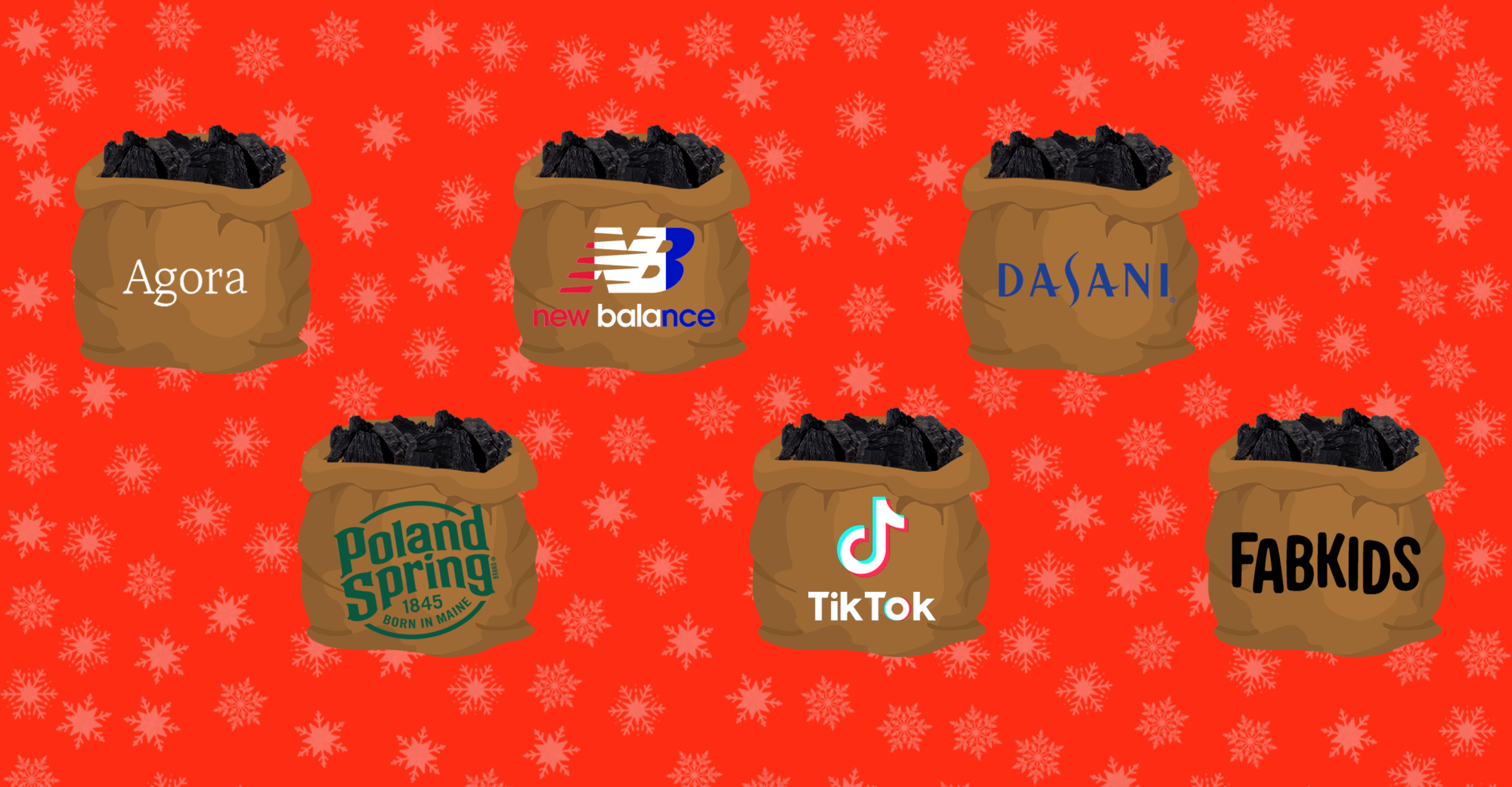
TINA.org’s Year in Review 2021
Here’s what we accomplished in 2021 with your help.
November 2014: Plaintiffs voluntarily dismissed the lawsuit because General Mills agreed to remove the 100% Natural claims from products containing unnatural ingredients. (Rojas et al v. General Mills, Inc., Case No. 12-cv-05099, N. D. CA.). This labeling change also led to the voluntary dismissal of three other lawsuits:
March 2014: After plaintiffs filed an amended complaint in November 2013, a federal judge denied General Mills motion to dismiss finding that, among other things, the company’s representations could deceive a reasonable consumer. According to the amended complaint, the company misleadingly labels 29 varieties of Nature Valley® snack bars – including Crunchy Granola Bars, Sweet & Salty Nut Granola Bars, Protein Chewy Bars, Granola Thins Crispy Squares, Chewy Trail Mix Bars, and Chewy Yogurt Granola Bars – as “100% Natural” when they actually contain genetically modified and synthetic ingredients.
October 2013: A federal judge dismissed some of the claims filed against General Mills in an October 2012 class-action lawsuit. The complaint originally alleged that the company falsely represents that its products – including Dark Chocolate Peanut Butter Crunchy Granola Bars and Oates and Honey Crunchy Granola Bars – are “100% Natural” when they actually contain genetically modified organisms (GMOs). The judge dismissed the claims that were based on General Mills’s ads because the plaintiffs did not allege that they actually saw and relied upon any ad. However, the judge allowed the claims based on the product labels to move forward. (Rojas et al v. General Mills, Inc., Case No. 12-cv-05099, N. D. CA.).
Other class-action lawsuits making similar allegations have been filed against General Mills. For information on those cases, click here.
Here’s what we accomplished in 2021 with your help.
Some bad ads from this year.
Find out why New Balance, TikTok, Poland Spring and others make the 2021 naughty list.
Class-action settlements leave consumers behind.
Ali Montag, Fortune



